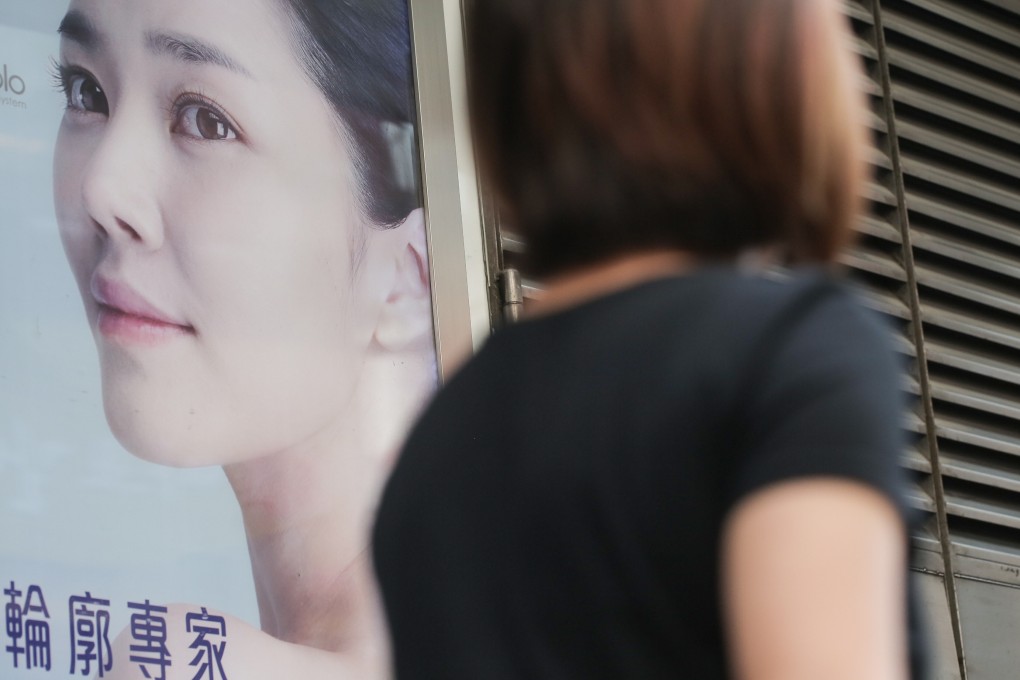Letters | Hong Kong’s beauty salons must stop shaming customers into spending money
- Salons lure customers into paying for expensive treatments by promoting unattainable beauty standards

I am a South Asian woman living in Hong Kong for a decade. I never had any complex about my skin tone. But after moving to the city, I became more conscious of skin health as I noticed the flawless skin around me. I was not thinking about lightening my complexion, but just needed some help with my acne.
I went to one of Hong Kong’s beauty salon chains for a basic facial. I had very little idea about the trap I was walking into. I was told my skin was in very bad condition, and I needed multiple therapies. I was offered skin lightening treatments so I could look “fair”.
This technique is quite persuasive – shameless, even. Staff start by telling you your skin suffers from wrinkles, fine lines and dark patches. Then they explain how their wonderful new technology can help you look like Cinderella.
If you say no, they appear offended, and try to convince you with an offer valid only for that day, which they say only a fool would turn down. If you don’t have the money, they let you pay by instalments.